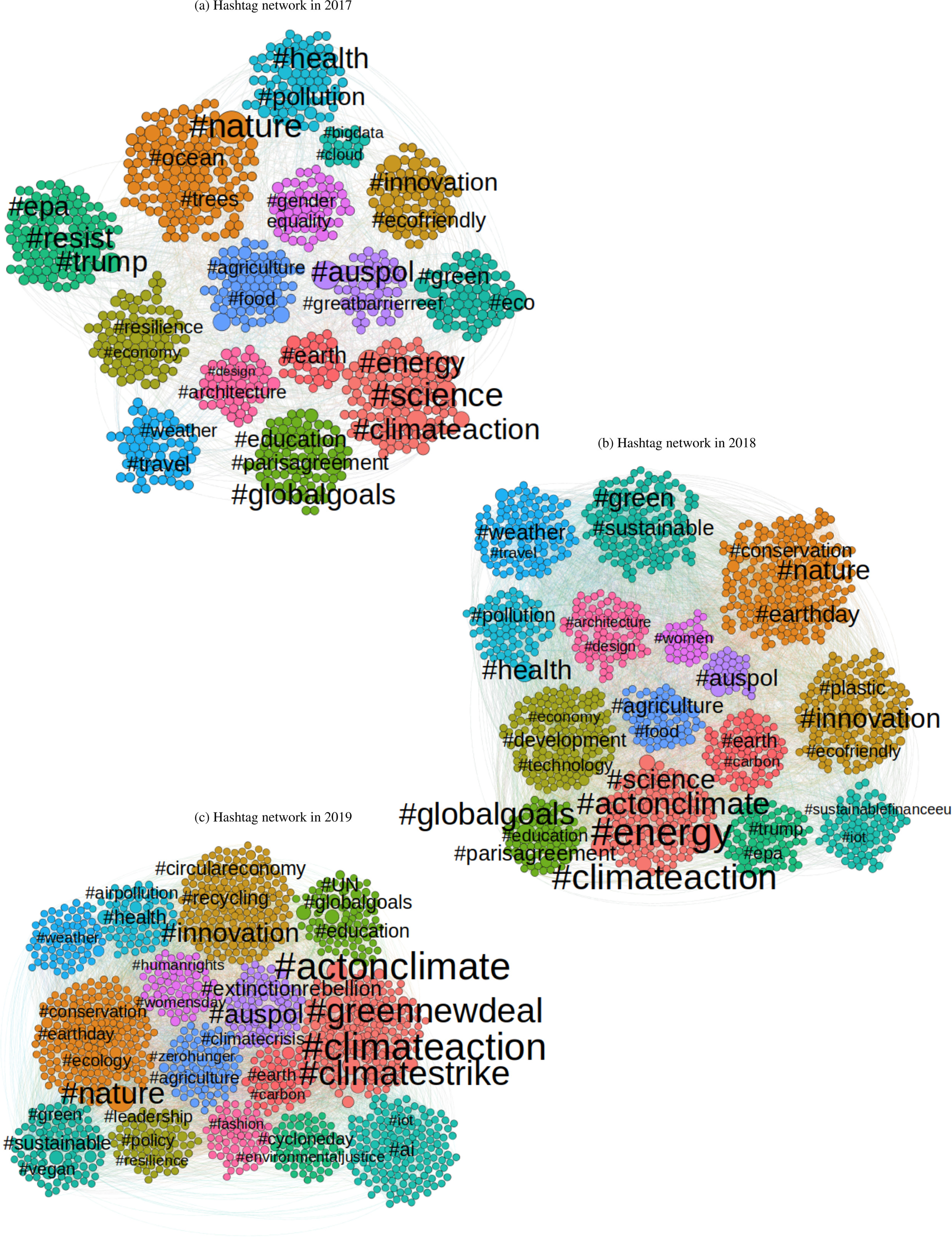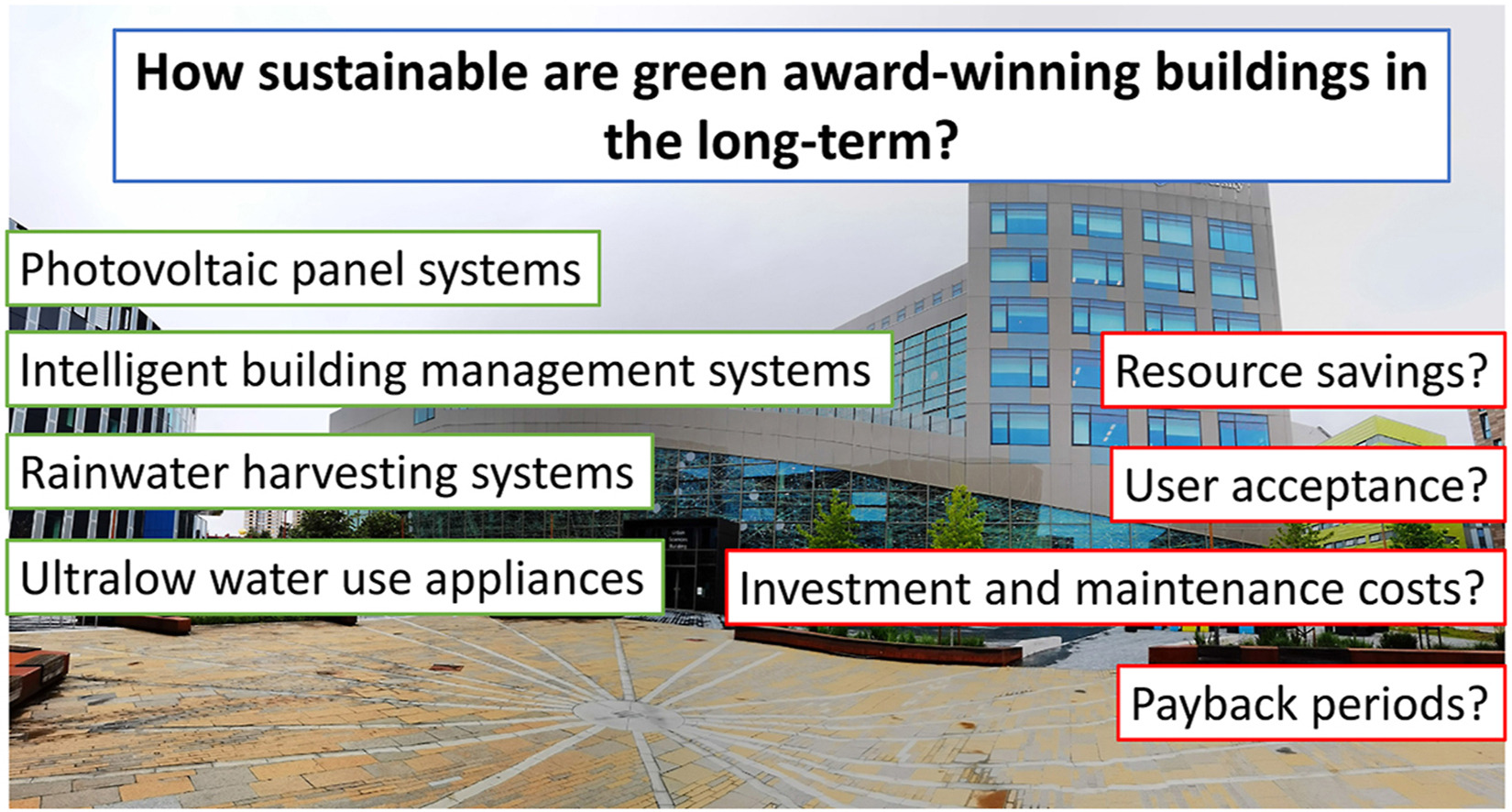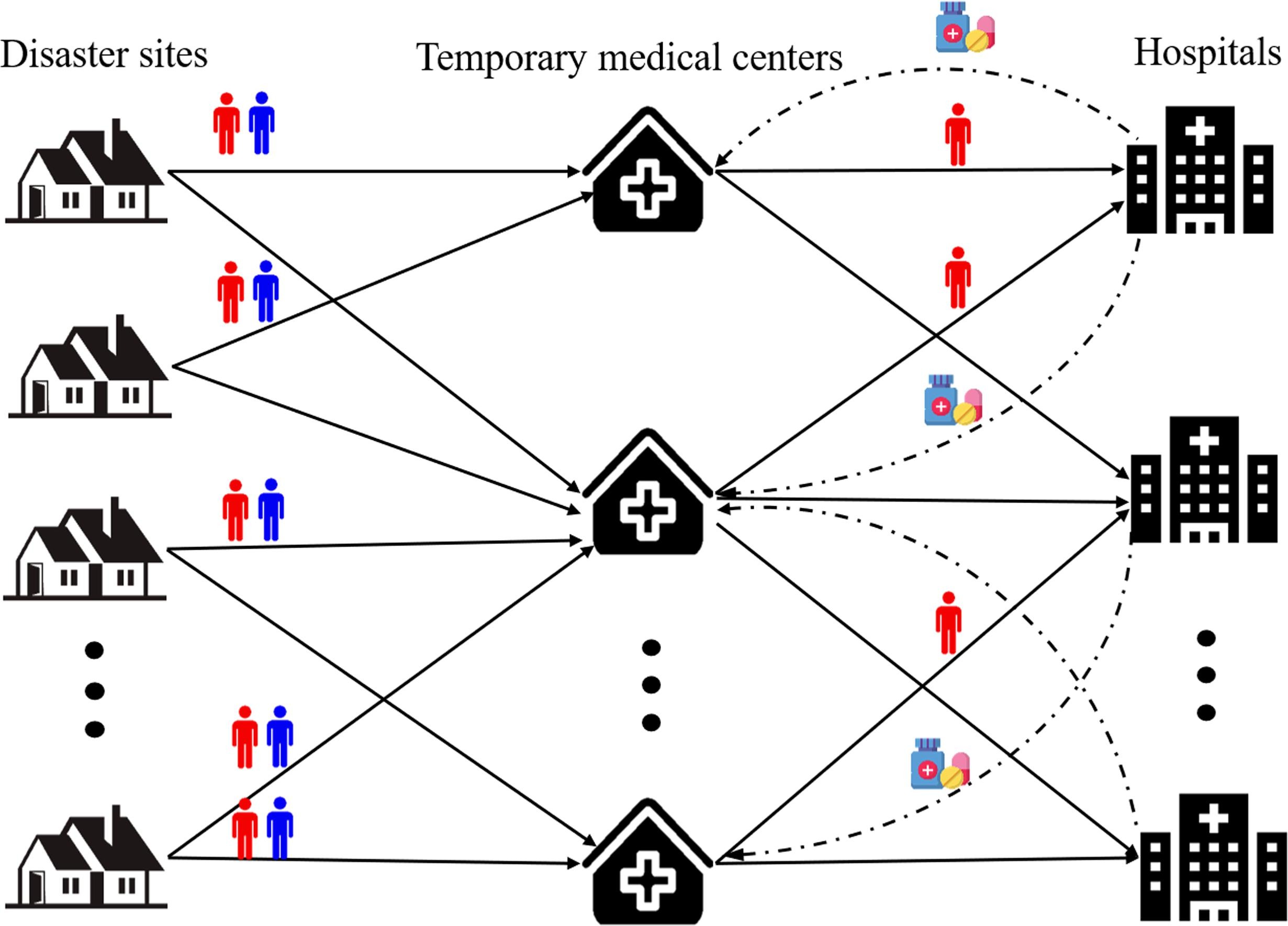Elsevier,
Comparative Biochemistry and Physiology Part - B: Biochemistry and Molecular Biology, Volume 257, January 2022
This article advances SDG # 15 and # 11 by investigating one of the factors leading to the global decline of bee populations. Pathogens, which need overcome the insect defenses such as the physical barriers, the body cuticle and peritrophic matrix (primary defenses), as well as the secondary defenses with antimicrobial peptides (AMPs) and the enzyme lysozyme were evaluated according to cuticle maturation.
Elsevier,
Advances in Nutrition, Volume 13, 2022
This review can serve as a basis for the development of a composite assessment indicator allowing for a complete assessment of all dimensions of sustainability, as it describes how the Mediterranean diet has been evaluated and points out what could be the main limitations of these assessments.
Elsevier,
American Journal of Clinical Nutrition, Volume 115, 1 January 2022
This article brings together the speakers from the Symposium and presents a synthesis and summary of 3 of the world’s biggest problems in the 21st century: the burden of malnutrition and noncommunicable diseases (NCDs), the consequences of climate change, and the massive economic and social inequities within and among nations. All 3 are directly related to sustainable food systems that are shared collectively and globally.
Elsevier,
Clinical Breast Cancer, Volume , 2022
This Study explores the racial disparities that exist in the emergency departments of 4 hospitals, when they are most prevalent, and how patients' sociodemographic characterstics impact image acquisition time, raising awareness for SDGs 3, 9 and 10.
Elsevier,
Annals of Hepatology, Volume 27, January 2022
This article aligns with the SDG goal 3 of good health and wellbeing and SDG 10 Reduced inequalities by showing the importance of continuing screening for hepatitis and early detection of liver damage, especially in high-risk population groups.
Elsevier,
Building and Environment, Volume 207, January 2022
Two green gown award winning buildings, built in 2004 and 2017, were investigated. Features include rainwater harvesting, sensing and photovoltaic panel systems. Sustainability features delivered only 28–71% of their potential resource savings. The performance gaps were due to technical, human, and economic factors.
Elsevier, Transportation Research Part E: Logistics and Transportation Review, Volume 157, January 2022
Humanitarian aid in disasters is critical to saving lives and alleviating human suffering. This paper presents a novel scenario-based robust bi-objective optimization model that integrates medical facility location, casualty transportation, and relief commodity allocation considering triage. The proposed model aims to minimize the total deprivation cost of casualties due to the delayed access to medical services and the total operation cost.



